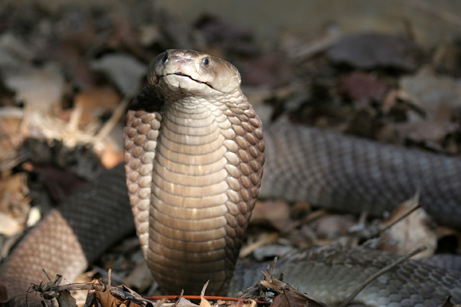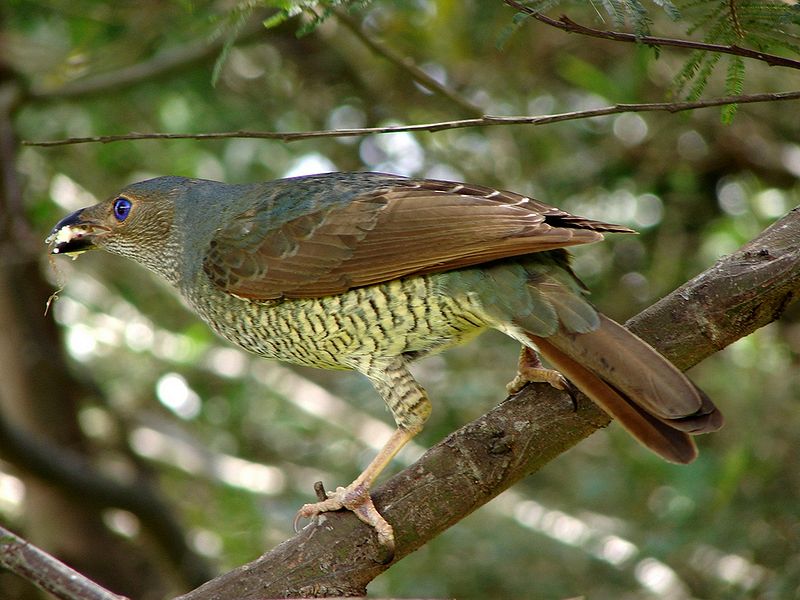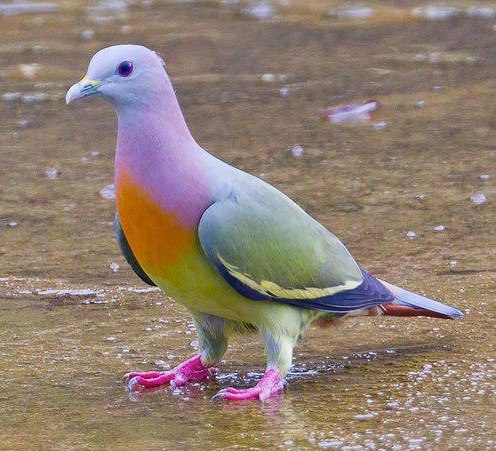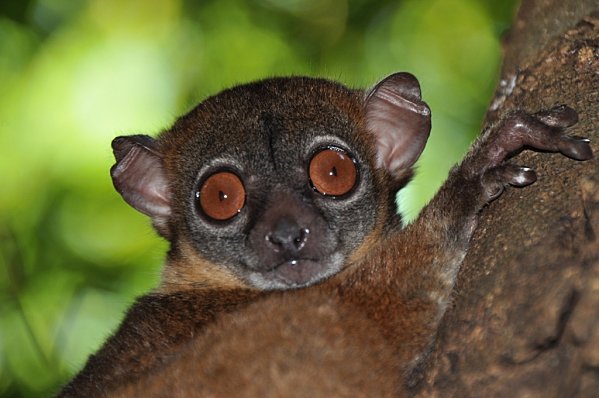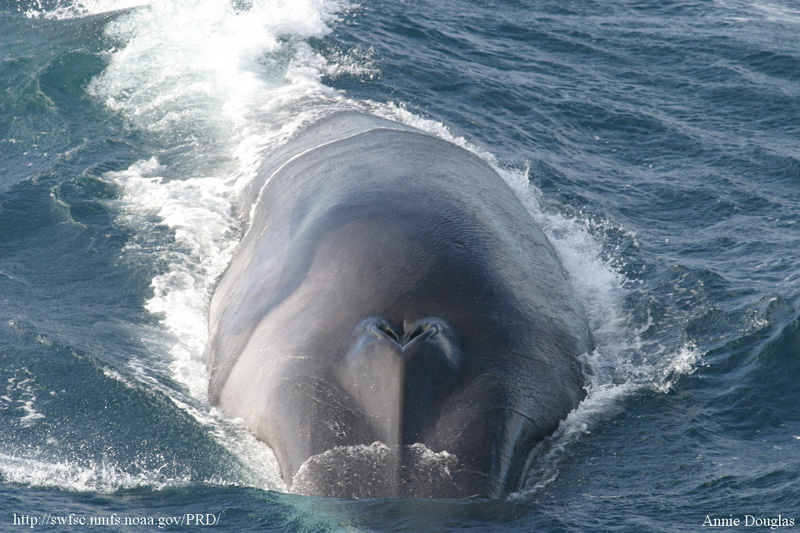 On my way out of the Ocean yesterday (remember we were watching the Bluestreak Cleaner Wrasse do it’s thing) I stumbled upon a very large marine mammal called the Fin Whale. I am absolutely fascinated by this animal so I thought I would share some information about this beautiful beast with all of you lucky readers. So you have never heard of the Fin Whale? Perhaps you know its other names which include Finback Whale, Razorback or Common Rorqual. There are at least two different subspecies of Fin Whale. The Northern Fin Whale can be found hanging out in the North Atlantic while the larger Antarctic Fin Whale occupies the Southern part of the Ocean.
On my way out of the Ocean yesterday (remember we were watching the Bluestreak Cleaner Wrasse do it’s thing) I stumbled upon a very large marine mammal called the Fin Whale. I am absolutely fascinated by this animal so I thought I would share some information about this beautiful beast with all of you lucky readers. So you have never heard of the Fin Whale? Perhaps you know its other names which include Finback Whale, Razorback or Common Rorqual. There are at least two different subspecies of Fin Whale. The Northern Fin Whale can be found hanging out in the North Atlantic while the larger Antarctic Fin Whale occupies the Southern part of the Ocean.
The Fin Whale is actually the second largest whale species and consequently the second largest living animal on earth, only being beaten by the Blue Whale. They are capable of reaching the astounding length of 27 m (88′) and can weigh upwards of 70 000 kg (155 000 lbs). I don’t know about you but that is absolutely mind boggling to me. The Fin Whale belongs to the suborder of Baleen Whales. Basically, this just means they use baleen plates to filter their food from the water. So what does this gigantic animal eat? Well, usually they feast on small schooling fish, squid and of course crustaceans including krill. In order to feed, the Fin Whale will simply open their mouth and swim at high speeds. I recommend getting out of the way of a 155 000 lb animal barreling towards you at 25 mph (40 km/h).
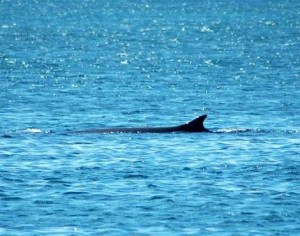
As you can imagine this particular whale does not have very many natural predators. I guess nobody really wants to pick on you when you are that big. Although, new-born Fin Whale calves have been known to be attacked by large sharks. Of course the biggest predator of this majestic whale is humans. Due to large hunting pressures throughout the 20th Century the Fin Whale was being pushed to the brink of extinction. Currently they are classed as an endangered species.
Fin Whale Fast Fact – Unbelievably 750 000 Fin Whales were harvested between 1904 to 1979 in the Southern Hemisphere alone. Although commercial whaling has now been banned some scientists believe it may be too late for this species to recover.
Thanks for hanging out with me today folks. I am looking forward to visiting with you again tomorrow. Have a great day!

